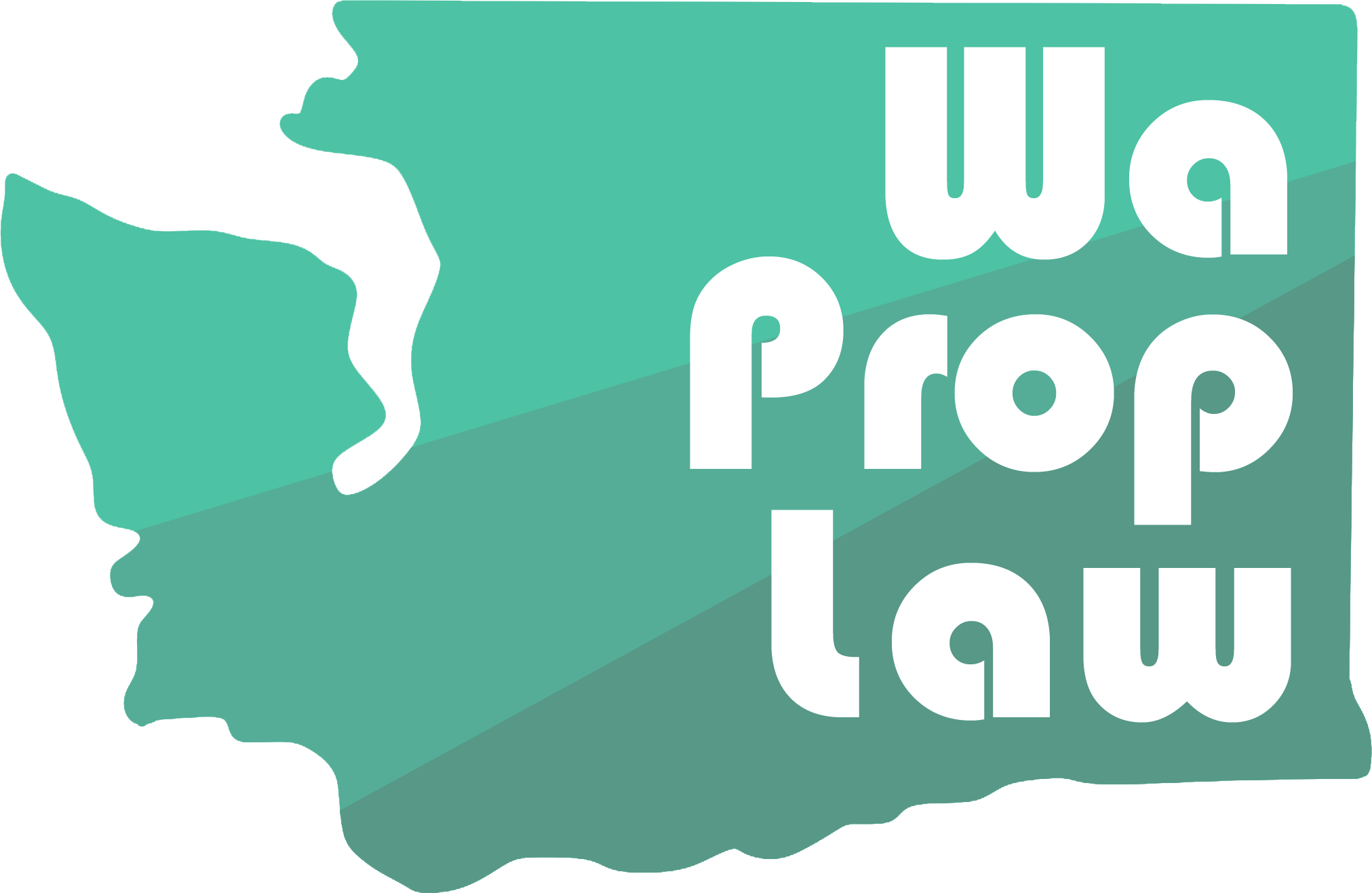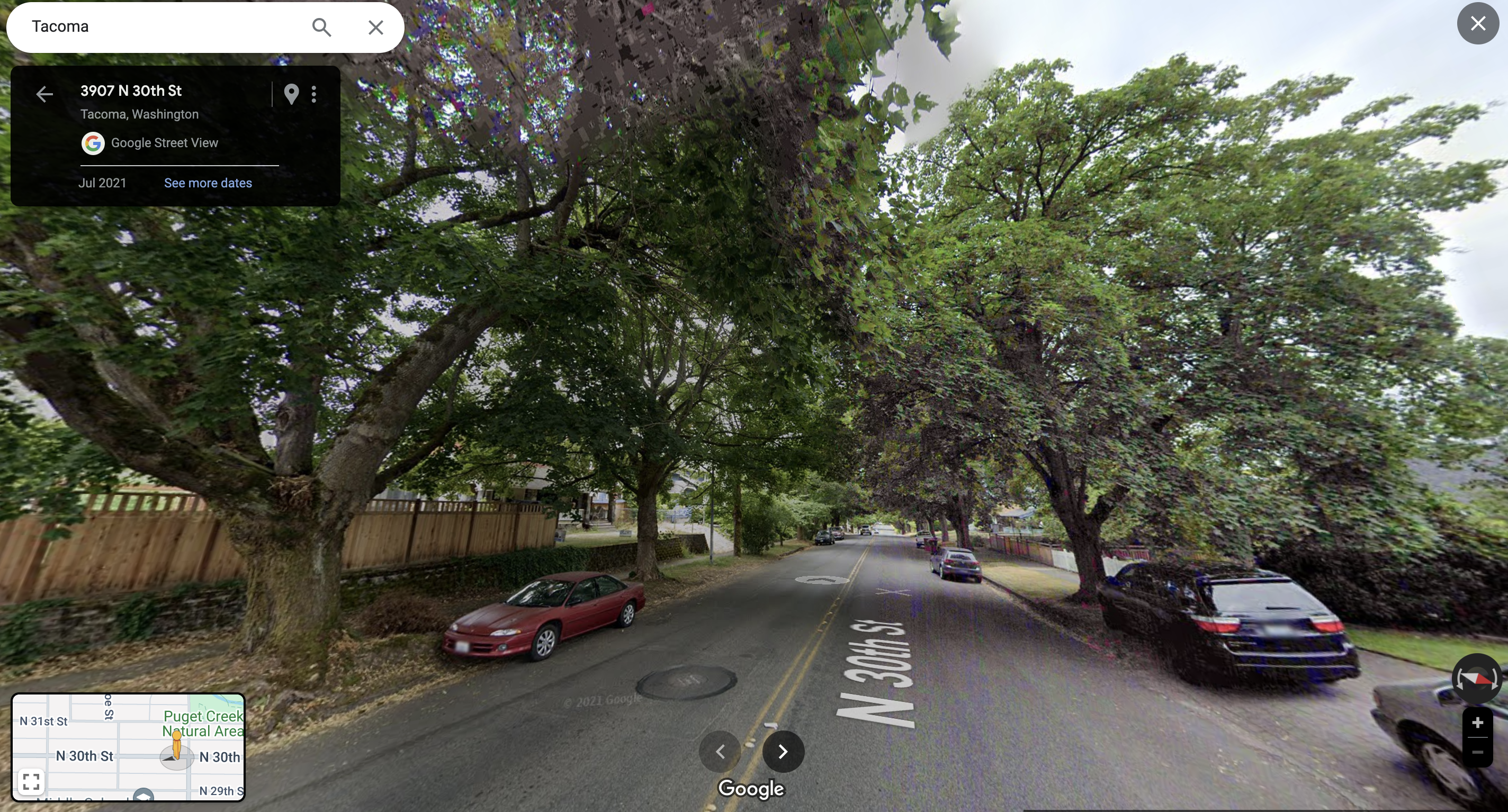Common Points of Contention
No relationship is perfect. Some of the most common joint ownership disputes that arise among property co-owners include the following:
- One of the owners has sole possession of the property but refuses to pay rent or will not compensate the owner who is not in possession of the real property at that time.
- One of the property owners will not pay his or her share of the expenses for the property, including expenses for upkeep and other maintenance costs.
- The owners cannot agree on management issues relating to the property.
- The owners of the property cannot agree about how to handle the property in the future. For example, the co-owners may not agree upon whether to continue to hold the property for investment, to sell the property, or to improve the property.
Preventing Joint Property Disputes
One of the most effective ways of trying to alleviate joint property disputes beforehand is by incorporating potential resolutions to these disputes into a property agreement at the time the property is purchased. That way, in the event a dispute arises later, the contract will spell out how to resolve the dispute.
In general, a written agreement or a contract between the co-owners controls how to resolve a real property dispute. If the parties formalize their agreement in writing at the time they buy it, that agreement will determine their rights and obligations to one another in the event a dispute arises later. An agreement may take the form of a limited liability company operating agreement, a partnership agreement, a tenancy in common agreement, a buy-sell agreement, or some other contract.
No matter how it is formatted, having some kind of contract in place is a good idea because otherwise, property disputes between co-owners can cost a lot of time and money.
No Agreement in Place Between Co-Owners?
In some cases, the property co-owners do not enter into a formal written agreement at the time they buy the property. If so, Washington State law treats the relationship as a tenancy in common. Under a tenancy in common, each of the co-owners have an equal right to possess the property. In addition, they have equal rights and responsibilities regarding the property. In the event that one of the co-owners excludes another co-owner from the property, the excluded co-owner may recover the property’s rental value from the excluding co-owner.
Similarly, if one of the co-owners refuses to pay the property expenses, the other owner may decide to pay the property expenses to preserve the investment. In the event the co-owner pays more than his or her required share of the operating costs and maintenance expenses, he or she may be entitled to assert a lien against the other co-owner’s interest in the property, following a partition and sale of the property.
With regard to improvements on the property: If a co-owner pays to improve the property without the other co-owner’s consent, the improving co-owner is not usually entitled to reimbursement. However, in the event of a partition sale, the improving co-owner may recover any increase in the proceeds of the sale that resulted from the improvements he or she made to the property.
Partition Actions
Breaking up is hard to do. If the co-owners are unable to resolve their property disputes with one another, they may petition a court to terminate their rights and obligations regarding the subject property. When the parties are co-owners, this determination is made by way of a partition action.
In a nutshell, a partition action is a lawsuit in which one or more co-owner requests that the court divide the property. There are essentially two different methods of division. The first method is by physically dividing the property between the co-owners. The other, more common method is a partition via court-ordered sale. The sale typically occurs via private or public auction, and then the court splits the proceeds of the sale between the former co-owners.
The costs associated with a partition action, including filing fees, survey fees, and title policies, are typically allocated by the court in accordance with the parties’ respective ownership interests in the property.



